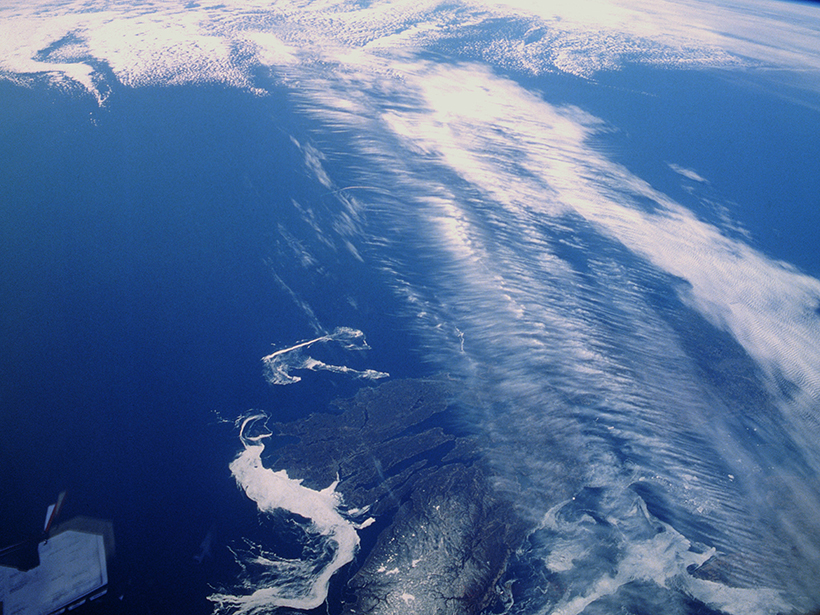Human reasoning has helped us become one of the most successful species to populate the planet, but we still struggle with cognitive biases.
B. Bane
Posted inResearch Spotlights
Including Ozone Complexities in Climate Change Projections
A simplified view of ozone chemistry can cause climate models to overestimate the response of jet streams to increasing greenhouse gases.
Posted inResearch Spotlights
A Two-Way Relationship Between the Atlantic and Pacific Oceans
Researchers have uncovered a new connection between sea surface temperatures in the Atlantic and tropical cyclones in the eastern Pacific that could improve accuracies of future cyclone forecasts.
Posted inNews
Oil Dispersants Deadly to a Common Estuary Species
Research on two dispersants used to break up spilled oil suggests that the chemicals can kill or harm a widely–found shrimp important to estuary habitats. The toxicity increases in less salty water.




